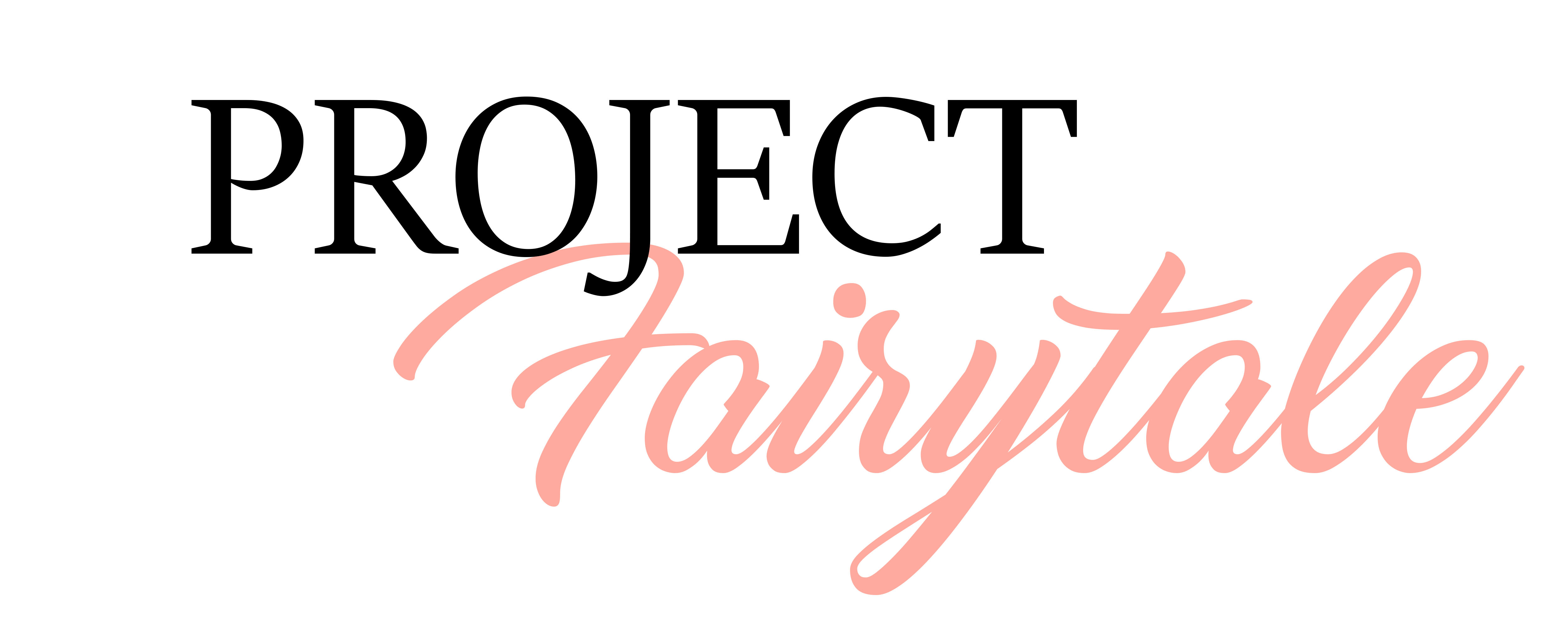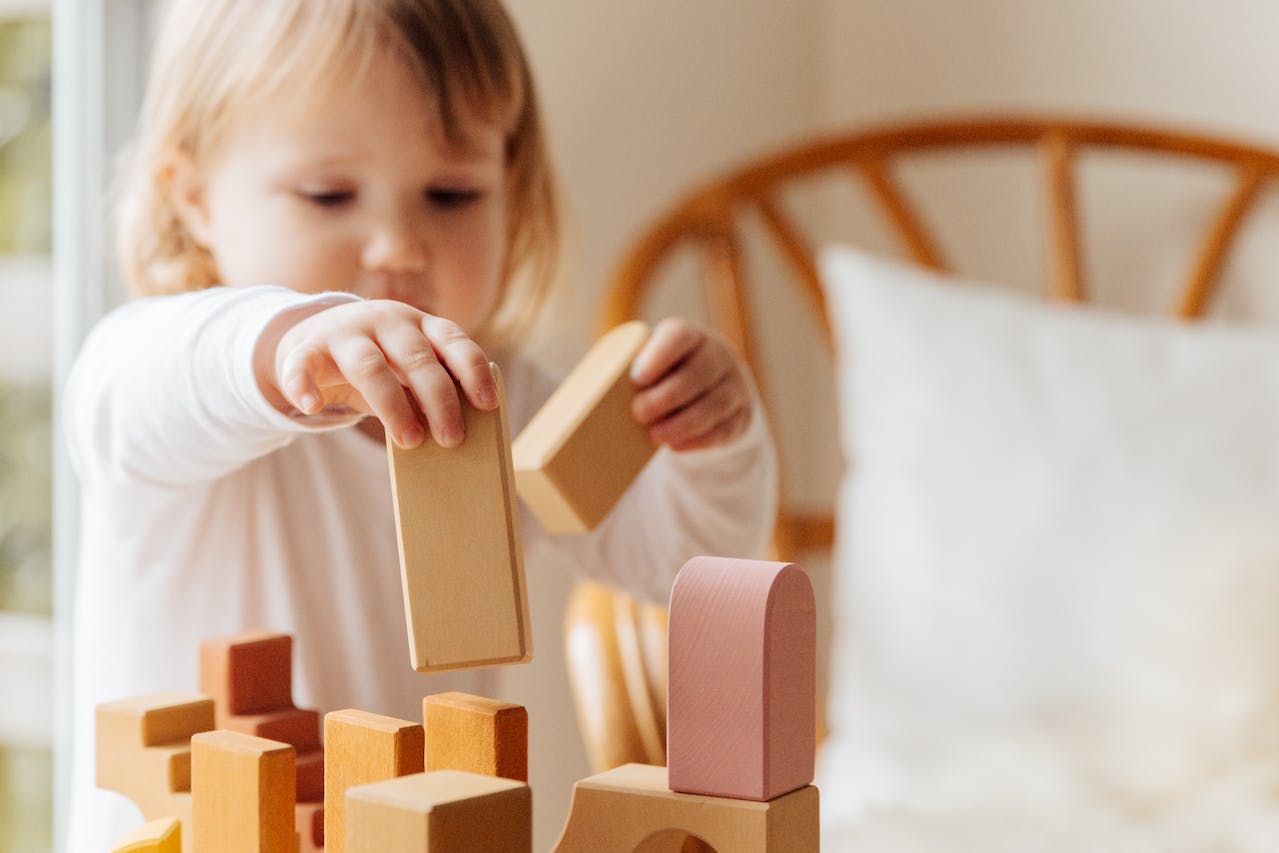Photo by Tatiana Syrikova
Early childhood is a remarkable period in a child’s life, a time when their minds are like sponges, ready to absorb knowledge and experiences that will shape their future. It’s a time when the foundation for lifelong learning is laid. To make the most of this crucial phase, parents and educators must be proactive in nurturing a child’s potential. Various strategies and tools can be employed to foster a child’s growth and development during their early years. From encouraging creativity to enhancing critical thinking skills, we’ll delve into the multifaceted approach to early childhood education.
The formative years of a child’s existence resemble an empty canvas, ready to be enriched with the brushstrokes of experiences, wisdom, and direction to craft a work of art. This period, typically defined as birth through to eight years old, holds incredible potential for learning and growth. It’s during these formative years that children develop the cognitive, emotional, and social skills that will set the stage for the rest of their lives. It’s a phase where their innate curiosity knows no bounds, and it’s our responsibility as caregivers and educators to channel this curiosity into a lifelong love for learning.
The Role of Play in Learning
Play is the language of children, and it’s through play that they begin to understand the world around them. The first step in cultivating a child’s potential is to provide them with ample opportunities for unstructured, imaginative play. Play allows children to develop social, emotional, and cognitive skills. They learn to share, communicate, and solve problems. Whether it’s building with blocks, creating art, or pretending to be superheroes, play is a crucial aspect of early childhood education.
Through play, children experiment, explore, and discover. They develop essential motor skills, engage their imaginations, and learn how to interact with others. It’s not just a break from more structured activities but an integral part of their cognitive development. In the world of play, children find themselves, their interests, and their talents. So, it’s important that parents and educators provide the time, space, and materials for children to engage in open-ended play. This encourages creativity, problem-solving, and decision-making, all of which are vital for their holistic development.
Building Strong Foundations in Literacy and Numeracy
Literacy and numeracy skills form the foundational pillars of education, and it is essential to instill them in a child’s life from an early age. Reading to children from a young age, providing a print-rich environment, and engaging in activities that enhance language skills are all essential. For instance, 3rd grade writing worksheets can be valuable tools to hone their writing skills and help children become proud, published authors. Writing encourages creativity and communication, which are invaluable skills in any field.
Reading is the gateway to knowledge. It opens up new worlds, stimulates the imagination, and enhances vocabulary. It’s essential to read to children from infancy, introducing them to the rhythm and cadence of language. Surrounding them with books and providing access to a variety of reading materials is equally important. When children grow up in an environment that values literacy, they are more likely to embrace it as a lifelong habit.
Focusing on Curiosity and Love for Learning
One of the key goals of early childhood education is to instill a lifelong love for learning. Children are naturally curious, and it’s the role of parents and educators to nurture this curiosity. Encourage children to ask questions, explore new topics, and discover the answers for themselves. This can be achieved through reading books, visiting museums, and engaging in hands-on activities. When children are excited to learn, they are more likely to excel in their educational journey.
Curiosity is the driving force behind learning. It’s the spark that ignites a child’s desire to understand the world. To nurture curiosity, provide an environment that encourages exploration and inquiry. Expose children to a diverse array of subjects and activities, enabling them to explore and uncover their passions and interests. This can involve trips to the zoo, science experiments, or simply observing nature in the backyard. When children are prompted to investigate and inquire, they transform into engaged contributors in their own learning process.
Developing Social and Emotional Intelligence
In addition to academic skills, early childhood education must also focus on emotional and social development. Emotional intelligence, which encompasses the capacity to identify and regulate our own emotions while comprehending those of others, stands as a vital skill for achieving success in life. Teaching children to express their feelings and empathize with others is a vital part of their early education. Additionally, helping them build relationships and work collaboratively with peers is equally important.
Social and emotional intelligence serve as the foundational elements for fostering robust relationships and achieving success in interactions. Children who can identify their own emotions and understand those of others are better equipped to navigate the complex social landscape. Individuals possessing these skills are more inclined to communicate proficiently, resolve disputes amicably, and establish profound, meaningful connections. In an age where interpersonal skills are increasingly important, early childhood education plays a critical role in shaping socially competent and emotionally resilient individuals.
Promoting Critical Thinking and Problem-Solving
Critical thinking and problem-solving skills are increasingly crucial in the 21st century. Early childhood education should focus on developing these skills from a young age. Encourage children to think critically by asking open-ended questions that require them to analyze and reason. Engaging in puzzles, games, and activities that challenge their problem-solving abilities can help lay a strong foundation for these skills.
Critical thinking is the ability to think independently, analyze information, and make informed decisions. It’s a skill that goes beyond memorization and regurgitation of facts. By encouraging children to ask questions, explore multiple perspectives, and make connections, they are empowered to become independent thinkers. Problem-solving, on the other hand, is about finding solutions to challenges, no matter how big or small. When children are taught to approach problems methodically, they gain confidence in their ability to overcome obstacles. These skills not only prepare them for academic success but also equip them to tackle real-world challenges with creativity and resilience, setting the stage for a brighter future. In a world that values innovation and adaptability, these skills are indispensable for a child’s journey toward success and fulfillment.
Keep up with Project Fairytale




